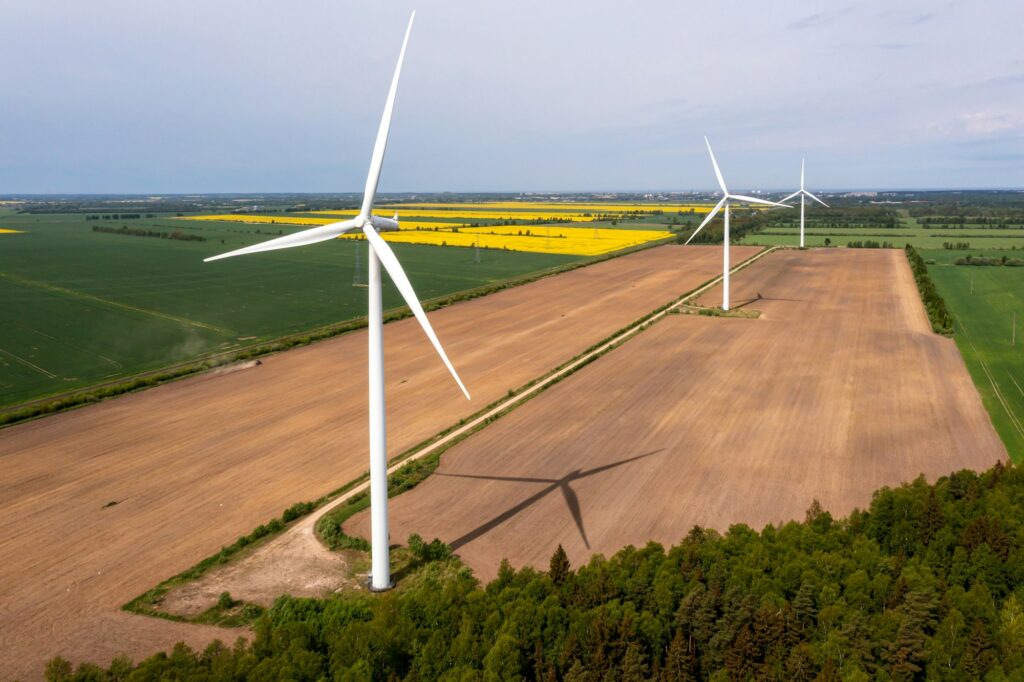In Elizabeth Metis Settlement, a transformative project is underway, aligning with national and regional efforts to combat climate change and promote energy efficiency solutions. The Elizabeth Metis Solar Project exemplifies how renewable energy projects can drive sustainable development goals (SDGs) while fostering Indigenous community engagement and economic empowerment. This initiative showcases how sustainability consulting, Settlement partnerships, and energy efficiency can be harnessed to build a more resilient future.
A Vision for Renewable Energy and Sustainability
The Elizabeth Metis Solar Project is part of a broader vision to reduce the Settlement’s dependence on non-renewable energy sources. By installing solar photovoltaic (PV) systems on key Settlement buildings, the project aims to generate sustainable energy, cut energy costs, and contribute to Canada’s goal of achieving net-zero emissions by 2050. This initiative supports both SDG 7: Affordable and Clean Energy and SDG 13: Climate Action, positioning Elizabeth Metis Settlement as a leader in renewable energy adoption among Indigenous communities.
With over 200 kilowatts of solar power planned, the project will provide clean, renewable energy to multiple buildings within the Settlement, including the water treatment plant, community hall, and other public works facilities. These upgrades will lead to a reduction in greenhouse gas emissions and a significant decrease in electricity costs for the Settlement.
Energy Efficiency Solutions for Long-Term Impact
A key element of the project is its focus on energy efficiency solutions. By upgrading existing infrastructure to support the new solar installations, the project ensures that the Settlement’s energy needs are met in the most efficient way possible. This includes modernizing transformers, installing energy-efficient inverters, and optimizing the energy storage and distribution systems.
The projected annual energy savings for the Settlement are substantial. The solar systems are expected to generate approximately 267 megawatt-hours (MWh) per year, which will result in annual electricity cost savings of over $16,000. These financial benefits are particularly important for low-income families in the Settlement, as they free up resources for other community needs.
Settlement Partnerships and Indigenous Leadership
Central to the success of the Elizabeth Metis Solar Project is its strong foundation in community partnerships. The project is 100% owned by Elizabeth Metis Settlement, ensuring that all benefits flow directly back to the community. The governance structure includes a Project Steering Committee composed of Settlement members, Elders, and external partners such as Viel Solar, Courtepatte Consulting, and Liberty Multimedia Inc., who provide technical expertise and project management support.
Indigenous community engagement has been a cornerstone of the project from its inception. Extensive consultations were held to ensure that the project aligns with the Settlement’s goals for energy independence and environmental stewardship. The project has also created local employment opportunities, with Settlement members being hired for roles in installation, maintenance, and project management.
This focus on Settlement partnerships highlights the importance of inclusive development, where the community is not just a beneficiary but also a key driver of the project’s success. By empowering local leaders and creating jobs, the project contributes to SDG 8: Decent Work and Economic Growth while fostering long-term sustainability.
Aligning with ESG Criteria and Sustainable Development Goals
The Elizabeth Metis Solar Project is designed to meet rigorous Environmental, Social, and Governance (ESG) criteria. From its focus on environmental sustainability through carbon reduction to its commitment to social equity by creating job opportunities and reducing energy costs, the project addresses multiple dimensions of ESG.
One of the most significant environmental benefits is the reduction of greenhouse gas emissions. By replacing fossil fuel-generated electricity with solar energy, the project will reduce the Settlement’s carbon footprint and contribute to national efforts to meet the Paris Agreement targets. Over the project’s lifespan, the solar systems are expected to prevent thousands of kilograms of CO2 emissions, making a substantial impact on the local and regional environment.
In terms of social benefits, the project promotes energy sovereignty, ensuring that Elizabeth Metis Settlement can generate its own power and reduce its reliance on external energy sources. This independence is crucial for rural and remote communities, where energy access can be costly and inconsistent. Furthermore, the project includes training and skill development programs for Settlement members, ensuring that the knowledge and expertise gained through this initiative remain within the Settlement.
Challenges and Opportunities Ahead
While the Elizabeth Metis Solar Project is poised for success, it faces challenges typical of large-scale renewable energy projects. These include potential delays due to weather conditions, supply chain disruptions, and the need for ongoing funding to cover operation and maintenance costs. However, with a strong foundation in sustainability consulting and robust Settlement partnerships, the project is well-positioned to overcome these obstacles.
The Settlement has also taken proactive steps to ensure the long-term viability of the project. By securing a contingency fund and establishing a maintenance plan, the project team has mitigated many of the risks associated with large-scale solar installations. The team is also exploring opportunities to expand the project, including the potential to integrate energy storage solutions that would allow the Settlement to store excess solar energy for use during periods of high demand or low sunlight.
A Blueprint for Indigenous-Led Sustainability
The Elizabeth Metis Solar Project serves as a blueprint for how Indigenous communities can lead the way in sustainable development and renewable energy adoption. By combining funding procurement strategies, Settlement engagement, and energy efficiency solutions, this project demonstrates how sustainability consulting and ESG criteria can be applied in real-world settings to create lasting benefits for both people and the planet.
As the world moves towards a low-carbon future, projects like this are critical in demonstrating that renewable energy projects are environmentally beneficial and socially and economically viable. The Elizabeth Metis Settlement’s leadership in this area offers valuable lessons for other Indigenous communities and rural settlements across Canada and beyond.
We would like to extend a thank you to our federal partners at the Indigenous Leadership Fund for their support of this initiative.



























































